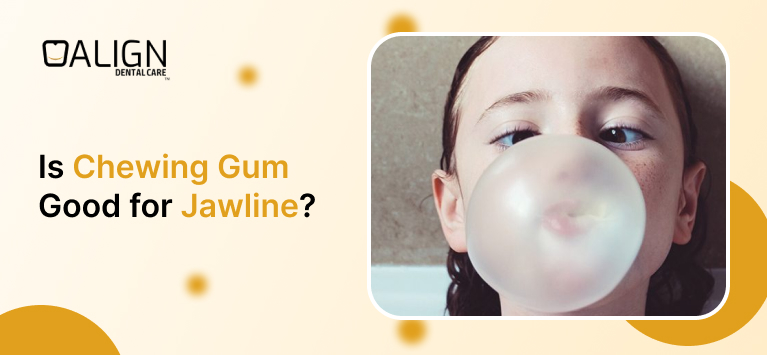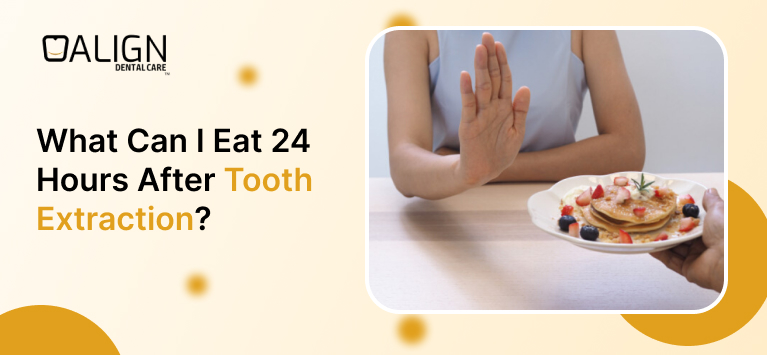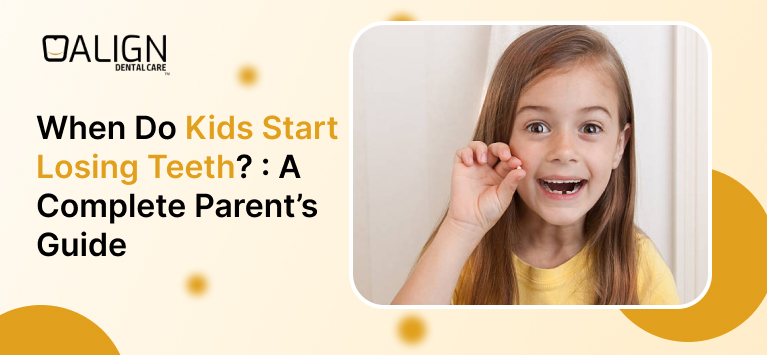
7 Home Remedies for Teething Baby at Night
Teething can be a challenging stage for both babies and parents. When your baby’s teeth are about to erupt, especially at night, discomfort can disturb their sleep — and yours too. In this blog, we’ll explain teething in simple terms, how long it lasts, signs to look for, and the best home remedies to keep your little one comfortable.
Table of Contents
Understanding Baby Teeth Before Eruption
Before baby teeth break through the gums, you may notice signs like excessive drooling, chewing on objects, fussiness, and swollen gums. This stage, known as baby teeth before eruption, can last from a few days to a few weeks. Your baby might seem more irritable at night because lying down increases gum pressure.
How Long Does Teething Last?
Teething is a gradual process. The first tooth usually appears between 6 and 10 months, but it can vary. Once it starts, teething episodes can continue until around age 3, when the full baby teeth chart is complete. Each tooth can cause discomfort for a few days before and after eruption.
Normal Baby Gums vs Teething Gums
- Normal gums: Smooth, pink, and not swollen.
- Teething gums: Slightly swollen, red or whitish in spots, tender to touch, sometimes with visible tooth edges under the surface.
Home Remedies for Teething Baby at Night
- Cold Washcloth
Chill a clean, damp washcloth in the fridge for 30 minutes. Let your baby chew on it to numb sore gums and reduce swelling. The texture also massages gums while they chew. - Chilled Teething Rings
Choose BPA-free rings and chill them (not freeze) to avoid harming delicate gum tissue. Offer them before bedtime to soothe discomfort and help your baby relax. - Gum Massage
Wash your hands thoroughly and gently rub your baby’s gums in small, circular motions. This counter-pressure can be very soothing and may even help teeth break through faster. - Comfort Feeding
Breastfeeding or bottle feeding can offer more than nutrition — the sucking action is calming and can distract from gum pain. Try feeding in a dim, quiet room to encourage sleep afterward. - Bedtime Comfort Routine
A warm bath, soft lullabies, and dim lighting can signal bedtime and help your baby feel more secure. A calm environment reduces fussiness and helps them drift off easier. - Extra Cuddles and Skin-to-Skin Contact
Holding your baby close helps regulate their heartbeat, reduces stress, and provides emotional comfort when they feel unsettled from teething pain. - Frozen Fruit in a Mesh Feeder (For babies eating solids)
Cold fruit like banana or mango in a mesh feeder provides soothing relief while being safe from choking hazards.
Baby Gums Before Teeth Erupt – What to Watch
Your baby may put fingers in their mouth often, drool more, and chew on toys or clothes. Keep bibs handy to prevent drool rash and wipe their mouth gently throughout the day.
Baby Teeth Chart
Lower central incisors usually appear first, followed by upper central incisors. Knowing the sequence can help you anticipate when the next round of teething may occur.
| Tooth Type | Eruption Age (Average) |
| Lower central incisors | 6–10 months |
| Upper central incisors | 8–12 months |
| Upper lateral incisors | 9–13 months |
| Lower lateral incisors | 10–16 months |
| First molars | 13–19 months |
| Canines (cuspids) | 16–23 months |
| Second molars | 23–33 months |
Final Tips
- Keep teething toys clean and sanitized.
- Avoid teething gels with benzocaine or lidocaine.
- Provide extra nighttime comfort and patience — teething doesn’t last forever.
With these home remedies, you can make nights calmer and more restful for both you and your baby.
Frequently Asked Questions
If your baby has swollen gums, drooling, and tends to chew on objects, teething may be the cause. Rule out hunger, wet diapers, or illness.
Some babies may have looser stools from swallowing extra saliva, but persistent diarrhea should be checked by a doctor.
Typically, discomfort lasts 3–5 days per tooth, though this can vary.
Avoid gels with benzocaine or lidocaine. Use safe, baby-approved remedies instead or consult with you pediatric dentist
If your baby has a high fever, rash, persistent diarrhea, or unusual symptoms, seek medical advice.
A mild rise in temperature can happen due to inflammation, but a high fever is usually caused by something else. Always consult a pediatric dentist if the fever exceeds 100.4°F (38°C) or if your baby shows other signs of illness.




















